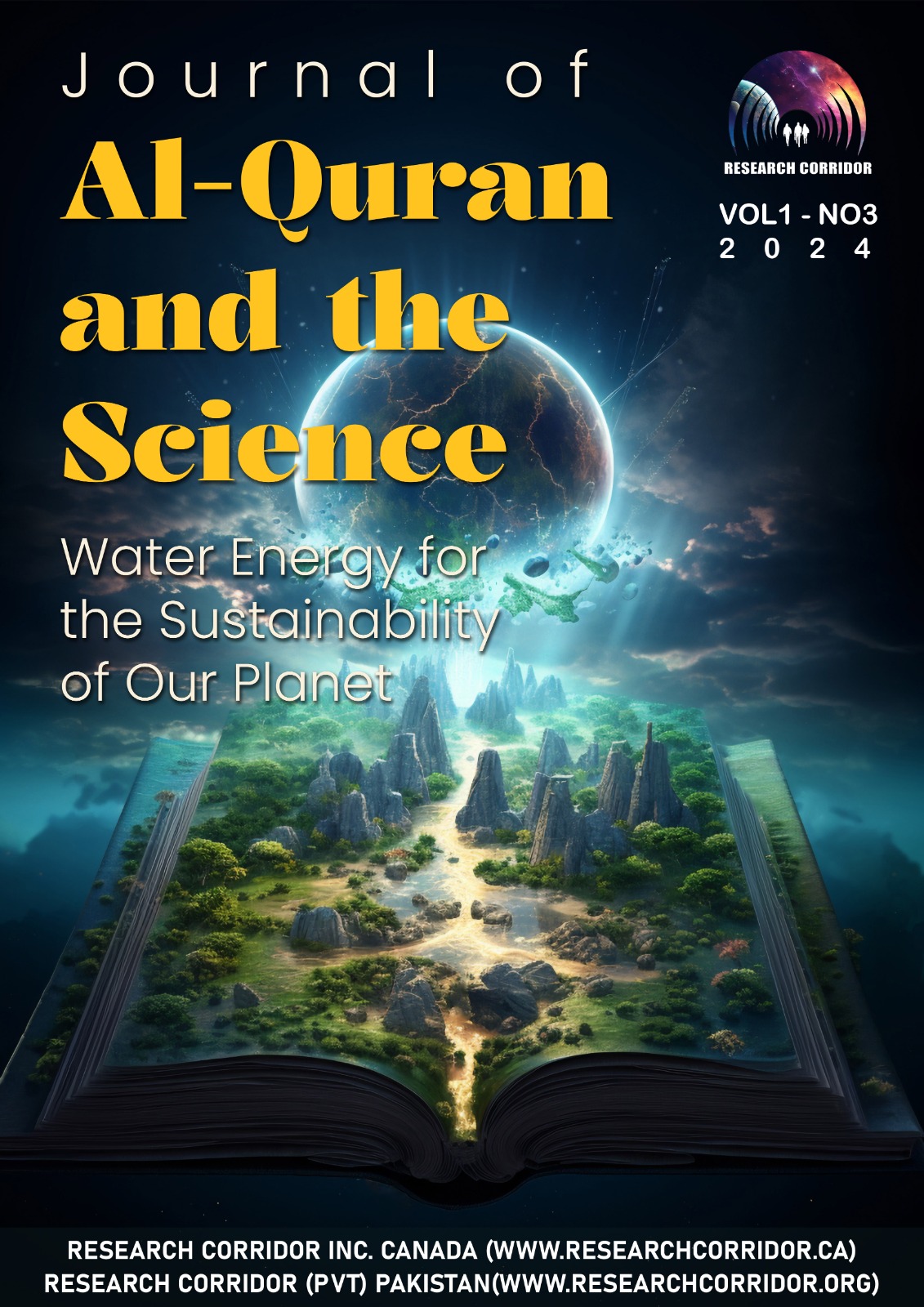Ibn Rushd and the Harmony of Reason and Revelation in Understanding the Universe
Keywords:
Ibn Rushd, reason and revelation, Islamic philosophy, Aristotelian thought, rationalism, ijtihad, metaphysics, cosmology, allegorical interpretation, theology and scienceAbstract
Ibn Rushd (Averroes), one of the most influential Islamic philosophers of the medieval period, championed the reconciliation of reason (aql) and revelation (wahy) in understanding the universe. His works, particularly Tahafut al-Tahafut (The Incoherence of the Incoherence) and Fasl al-Maqal (The Decisive Treatise), emphasize the complementary relationship between philosophy and Islamic theology, arguing that rational inquiry enhances rather than contradicts divine knowledge. This study explores Ibn Rushd’s epistemological framework, which asserts that reason and revelation serve as dual pathways to truth. His Aristotelian-inspired approach, grounded in logic and empirical observation, positioned science and philosophy as essential tools for interpreting natural phenomena while maintaining theological integrity.





